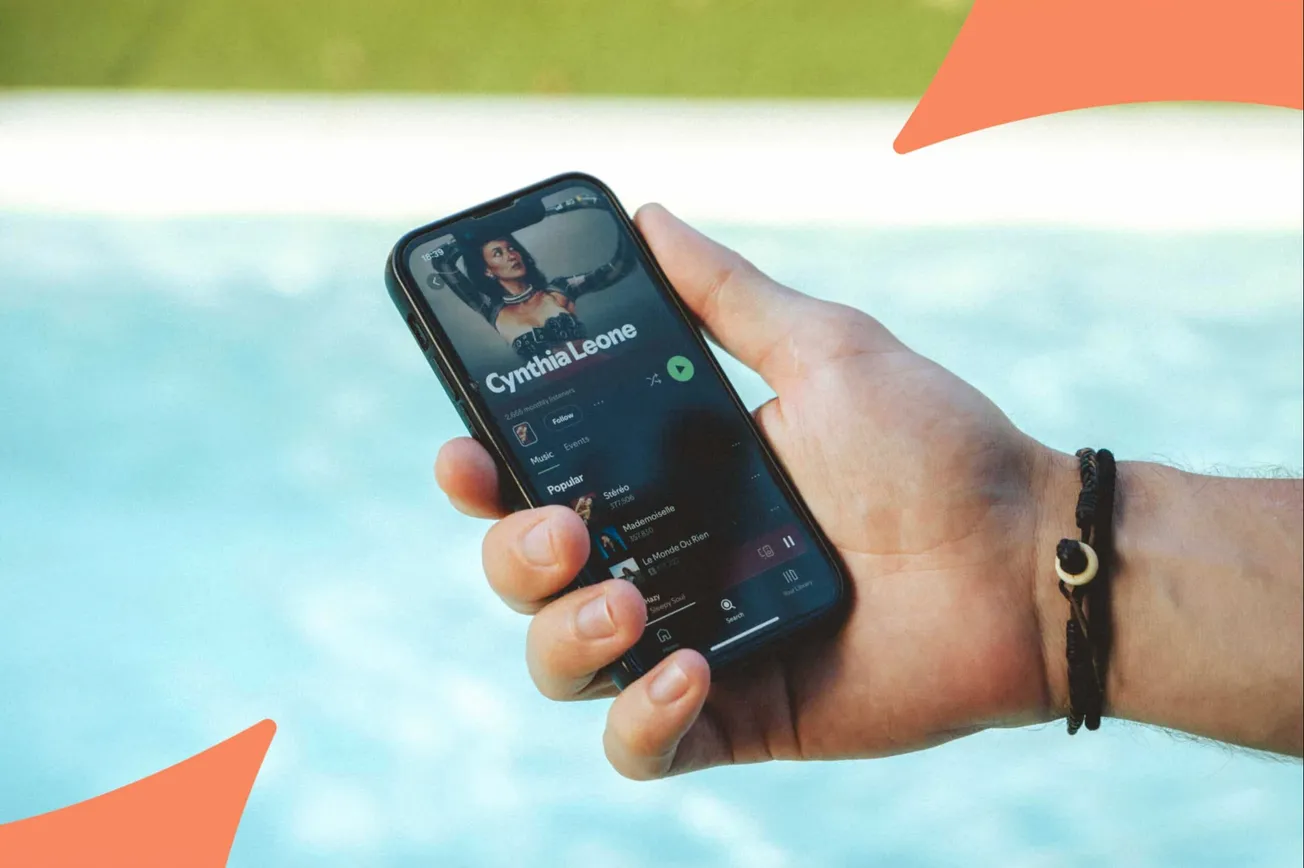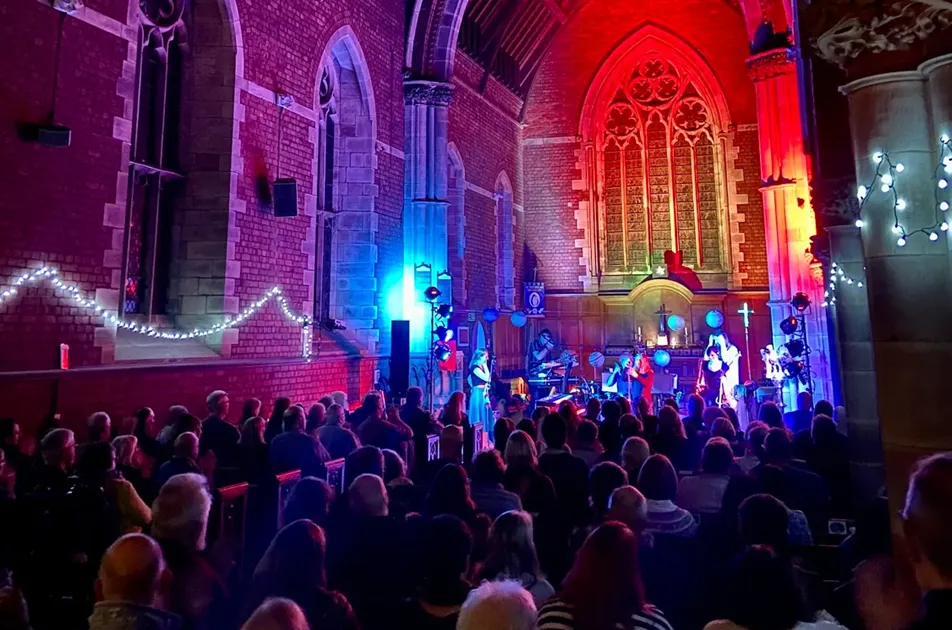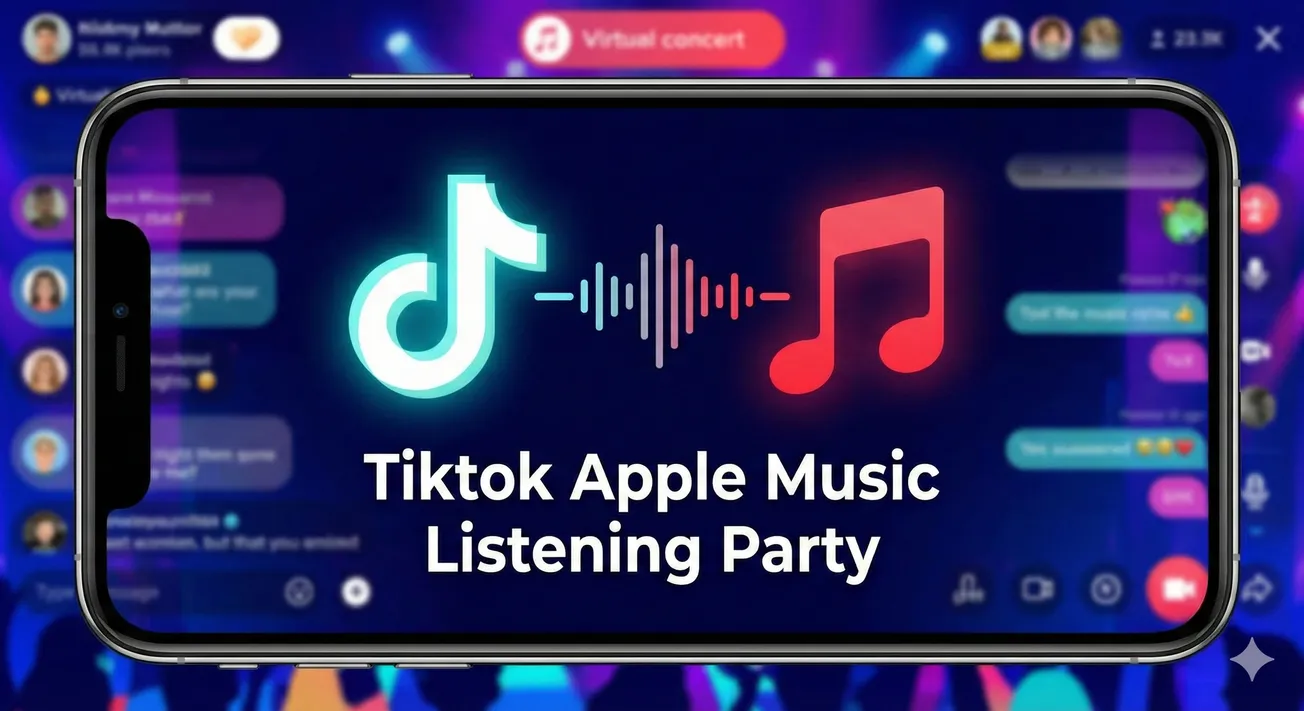One of the many widespread assumptions regarding crowdfunding is that all-or-nothing campaigns, required by Kickstarter, give those campaigns a psychological boost due to factors such as urgency when the campaign's success is in doubt. In fact, much of the argument for all-or-nothing over flexible funding, often associated with Indiegogo, focuses on such psychological factors. While this makes me think that the problem isn't in the funding model, it also makes me realize that we need to find out more about what's in the minds of those actually funding campaigns.
Is Flexible Funding More Likely To Fail?
In what I think is a recent post by Ian Anderson of Launch and Release, an example is given of how to crowdfund successfully using Indiegogo's flexible funding option despite what Anderson maintains are significant barriers to success.
I should note that Indiegogo does offer all-or-nothing or fixed funding as an option but generally seems to be have developed an identity as the flexible funding alternative to Kickstarter.
Anderson previously wrote about flexible funding with evidence that such campaigns are more likely to fail. I'm struck by the fact that the differences he points out between the approaches all come down to organizational and psychological issues with psychology being the overriding factor.
In some respects that shouldn't be such a surprise but it does suggest that the problem isn't with the funding approaches so much as in our psychological response to reality!
The Arguments Against Flexible Funding Are Mostly Psychological
As Anderson discusses one of the big issues is deciding what goal to set which nicely combines a whole bundle of practical and psychological problems from researching how much things really cost to assessing one's actual support.
Setting the goal is a specialty of Ian Anderson and Levi James at Launch and Release and I don't have anything to add to that.
But beyond figuring that part out, everything else Anderson points to is almost totally psychologically from issues of self-doubt to appearances of desperation to benefiting from perceptions of scarcity.
Let's take a look at scarcity about which Anderson states:
"All-or-nothing invokes scarcity because if the goal isn’t met, the project doesn’t happen. (At least in theory.) In contrast, Flexible Funding signals that the project will happen with or without the audience’s involvement."
Note the "at least in theory." This is not an issue of a funding model but an issue of appearances.
I firmly believe you can conduct a flexible funding campaign and create a sense of urgency if you're so inclined.
In fact, I seriously doubt that most of the people you know outside of the music industry (dear reader) have any idea what this post is talking about.
I Don't Think Most People Know The Difference
I periodically ask everyday people, like my relatives, if they've heard of crowdfunding. They usually say no. Then I ask them if they've heard of Kickstarter. They usually say yes.
I'm betting if I asked them about all-or-nothing versus flexible funding they'd be hard pressed to do anything but guess at the topic in question.
We're making a lot of assumptions when discussing these issues online. And while we can do that successfully because so much related behavior has been observed and studied, formally and informally, I think the discussions I've encountered regarding all-or-nothing funding vs. flexible funding are missing the mark because we're not conducting studies of the people who fund the campaigns.
At least I haven't seen them. Please share them in the comments if you know of any.
But, until we do know more about what those supporting funding campaigns are thinking, I'm struck by the fact that most of this is about how to handle psychological issues that aren't inherent in the funding structures.
[Thumbnail image courtesy Vic.]
More:
- Don't Let Criticisms Of Music Crowdfunding Stand In Your Way
- Music Crowdfunding Without A Fanbase
- 2012: The Year Music Crowdfunding Broke
Hypebot Senior Contributor Clyde Smith (@fluxresearch) also blogs at DanceLand. Send news about music tech startups and services, DIY music biz and music marketing to:
clyde(at)fluxresearch(dot)com.




